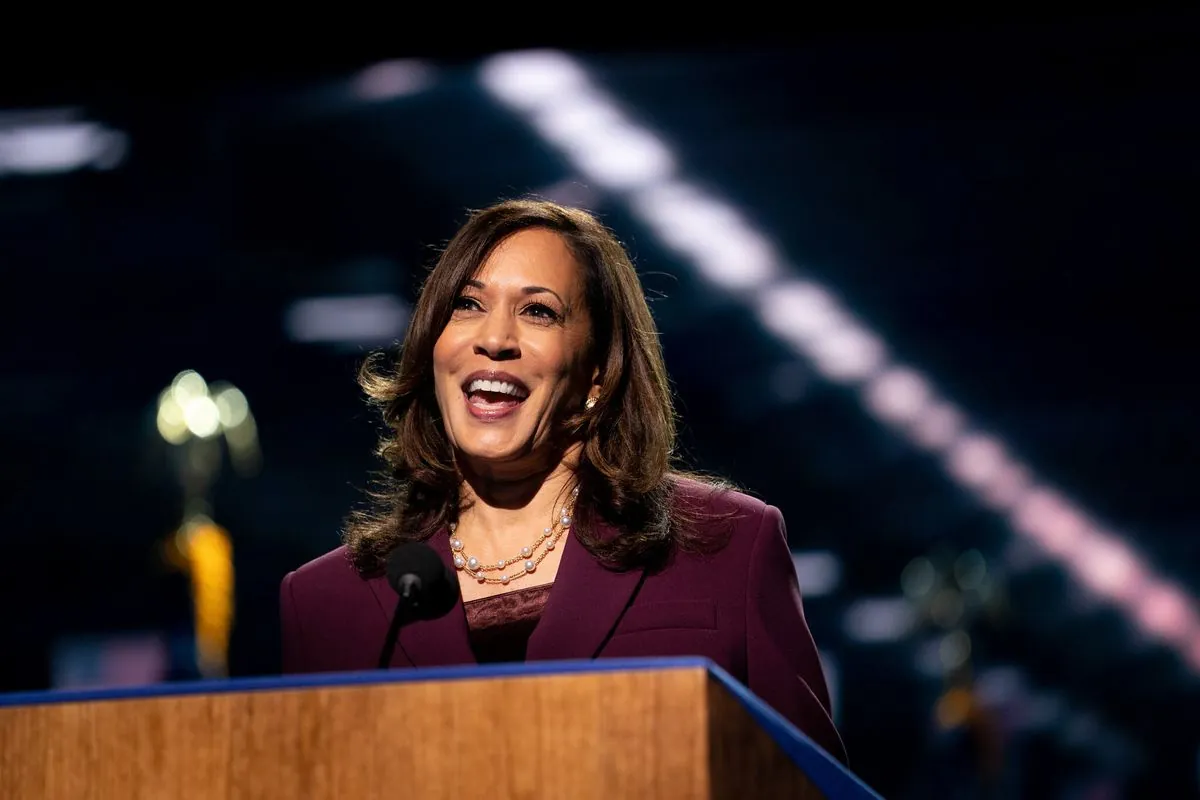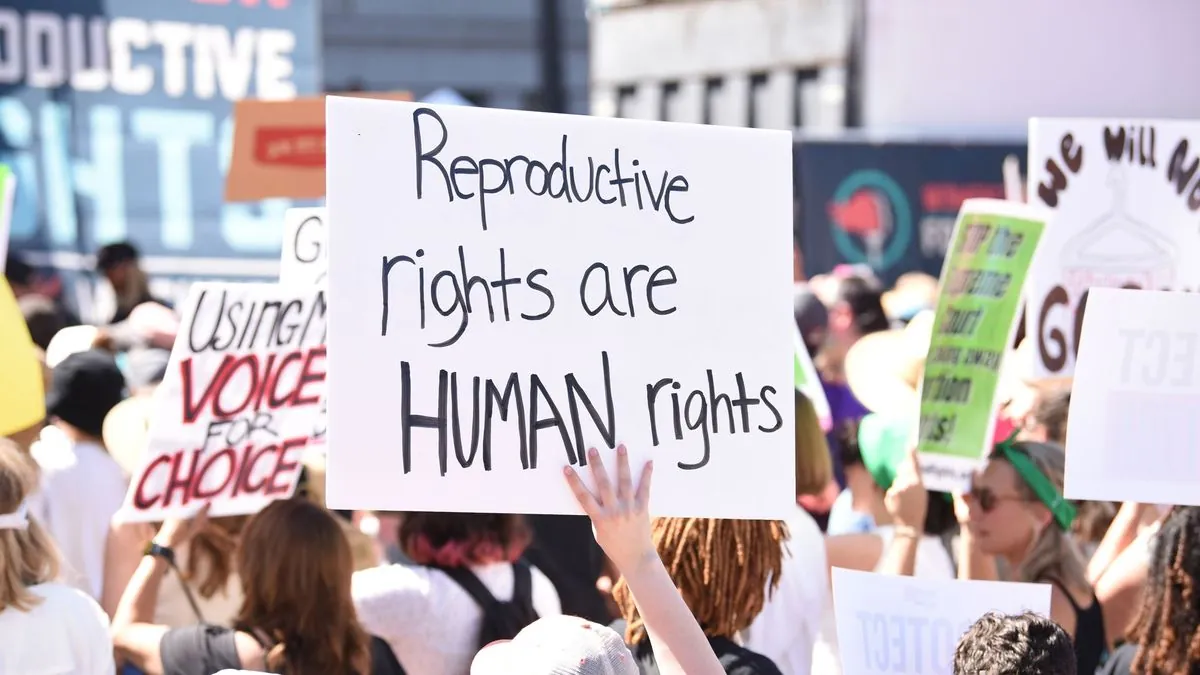Candidates Break Silence on Reproductive Health in Post-Dobbs Era
Female politicians increasingly share personal stories of pregnancy complications and fertility struggles, reshaping campaign narratives. This trend, amplified by recent legal changes, aims to connect with voters on reproductive rights issues.

In the wake of the Dobbs v. Jackson Women's Health Organization decision, issued on June 24, 2022, a significant shift has occurred in political discourse. Female candidates are increasingly sharing personal experiences related to reproductive health, breaking long-standing taboos in campaign narratives.
Lucia Báez-Geller, a 41-year-old candidate for a U.S. House seat near Miami, exemplifies this trend. Báez-Geller underwent a dilation and curettage procedure, a method used since the late 19th century, for a nonviable pregnancy. Her experience has become central to her campaign, highlighting the potential impact of Florida's six-week abortion ban on women facing similar situations.
"It would have been devastating."
This openness extends beyond Báez-Geller. Rep. Susie Lee, a front-line Democrat from Nevada, has shared her struggles with fertility, including multiple miscarriages and use of In Vitro Fertilization (IVF), a technique first successfully used in 1978. Similarly, Caitlin Draper, running for Congress in Arkansas, accelerated her IVF process due to concerns about potential legal changes affecting fertility treatments.

The trend is not limited to Democratic women. Some Republican candidates, including Nikki Haley and Ron DeSantis, have discussed their personal experiences with fertility treatments and pregnancy loss. This bipartisan approach underscores the universal nature of reproductive health issues.
Jessica Mackler, president of Emily's List, an organization founded in 1985 to support pro-choice Democratic women, notes the "heightened imperative" for candidates to share these stories in the post-Dobbs era. This shift is part of a broader trend observed by the Barbara Lee Family Foundation, established in 1999, which has seen an increase in personal disclosures since the #MeToo movement gained global attention in 2017.
The impact of these personal narratives is particularly evident in the campaign of Maggie Goodlander, a New Hampshire congressional candidate. Goodlander's launch video featured her experience with a stillbirth, complicated by placenta previa, a condition affecting about 1 in 200 pregnancies. Her story highlights the complex medical decisions involved in reproductive healthcare.
This evolving landscape for female candidates marks a significant departure from past norms. As Goodlander notes, referencing her mother's past campaign, "When my mom ran for the seat, her opponent's slogan [was] 'A woman's place is in the home, not in the House.'" Today, candidates are finding strength in sharing their personal experiences, connecting with voters on a deeper level and demonstrating their understanding of critical healthcare issues.


































